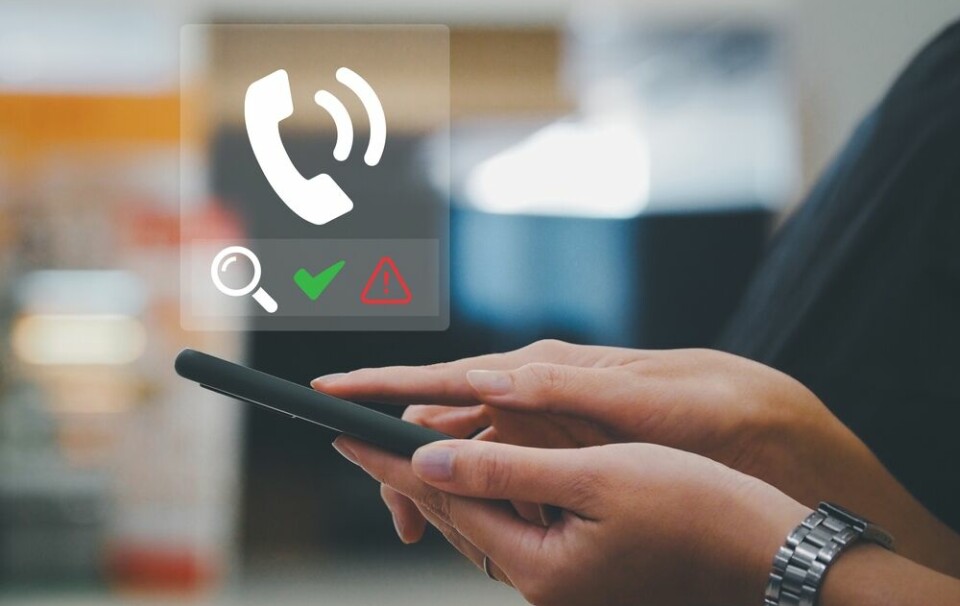French researchers' hope for individualised cancer vaccines
The treatment showed great promise in first phase of trials, say scientists
Cancer researchers Dr Victor Sarradin, left, with colleague Prof Jean-Pierre Delord
IUCT-Oncopole
The second phase in the development of a new 'individualised' cancer treatment has started in France, prompting hopes that a product could be ready in the next five years.
The first phase of testing began at the Oncopole de Toulouse, a cancer research centre, three years ago and has had positive results, which the second phase aims to confirm.
“The results of tests so far are encouraging for three reasons: a strong and lasting immune response from patients, no strong side effects, and no recurrent cases in the original sample of 16 patients,” Dr Victor Sarradin, a medical oncologist at the Oncopole de Toulouse, told The Connexion.
“Of course, we need a bigger sample to really say how promising this vaccine is.”
The vaccine is based on samples of tumours extracted from cancer patients and encourages the reactivation of white blood cells to prevent the cancer from returning.
It does not seek to prevent the appearance of a cancer but rather the reappearance.
For the moment, the vaccines target the most common ear, nose and throat (ENT) cancers, not rare forms of tumours, recurrent cancers or those linked to Human Papillomavirus (HPV).
Read more: How art therapy is proving a lifeline for patients in Lille
'Innovative' vaccines
It is hoped, however, that the vaccines can be extended to other cancers in future.
The vaccine is “innovative” because it consists of proteins and antigens that correspond exactly to the patient’s own tumour, said Dr Sarradin.
“After removal, the tumour is analysed in detail to determine which parts of the genome have mutated. From these mutations, the abnormal proteins which originate from these mutations and which are expressed by the tumour are identified.”
“Then, an artificial intelligence algorithm determines which antigens are most likely to wake up the immune system.” The 30 best are then synthesised and an individualised vaccine is produced.”
The process to determine the antigens and prepare the vaccine must take no longer than three months, which is the time it takes for radiotherapy and chemotherapy.
Three phases of testing
The first phase of testing involved four cancer centres and 32 patients. It intended to show whether the vaccine was feasible to manufacture for each patient, that it could be tolerated by patients and to check its immunogenicity (its ability to provoke an immune response in the human body).
As part of the trial, 16 patients were vaccinated, and 16 received normal cancer treatment.
Among the 16 patients who were vaccinated, 15 developed a “strong immune response” that lasted at least seven months, with white blood cells protecting them from the tumour, and zero recurrent cases. In the 16 non-vaccinated patients, three patients experienced a recurrence.
The second phase of testing will involve 46 new patients, aiming to prove the vaccine is effective in preventing recurrent cancer within two years.
Read more: Why are more young people in France getting cancer?
Ten oncology centres are taking part, including five in France, four in the UK and one in the US.
A third phase may involve hundreds of patients to prove that the vaccines have a “significant effect” on the recurrence of cancers, which is necessary to receive a reimbursement of this treatment, said Dr Sarradin.
Each phase takes approximately two to three years.
The vaccines target ENT cancers because these typically involve the removal of a tumour and the lymph nodes, followed by radiotherapy and, often, chemotherapy. Despite this “rather heavy” treatment, around 40% of patients have cancer recurrence within two years. The vaccine is given after treatment in an effort to prevent this recurrence.
Plans to streamline process
A company called Transgene, based in Strasbourg, takes care of preparing the vaccine, Nec, a Japanese firm, carries out the artificial intelligence analysis and the Oncopole de Toulouse (and other cancer clinics) oversee administration of the vaccine.
Each vaccine needs to be individually produced, which is a complex process.
However, the first phase of the trial “does show that it is a feasible treatment,” said Dr Sarradin.
As time goes on, the process should become streamlined and it is hoped production could take two months.
Read more: Mobile health bus targets cancer prevention in France
“In this case, widespread use of the vaccine is possible,” he added.
Other cancer vaccines are being produced in different countries and by various companies, so Dr Sarradin hopes there will be “therapeutic, anti-cancer vaccines that help patients within the next five years.”




























